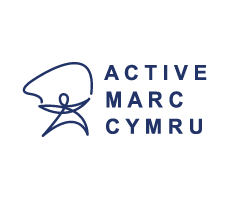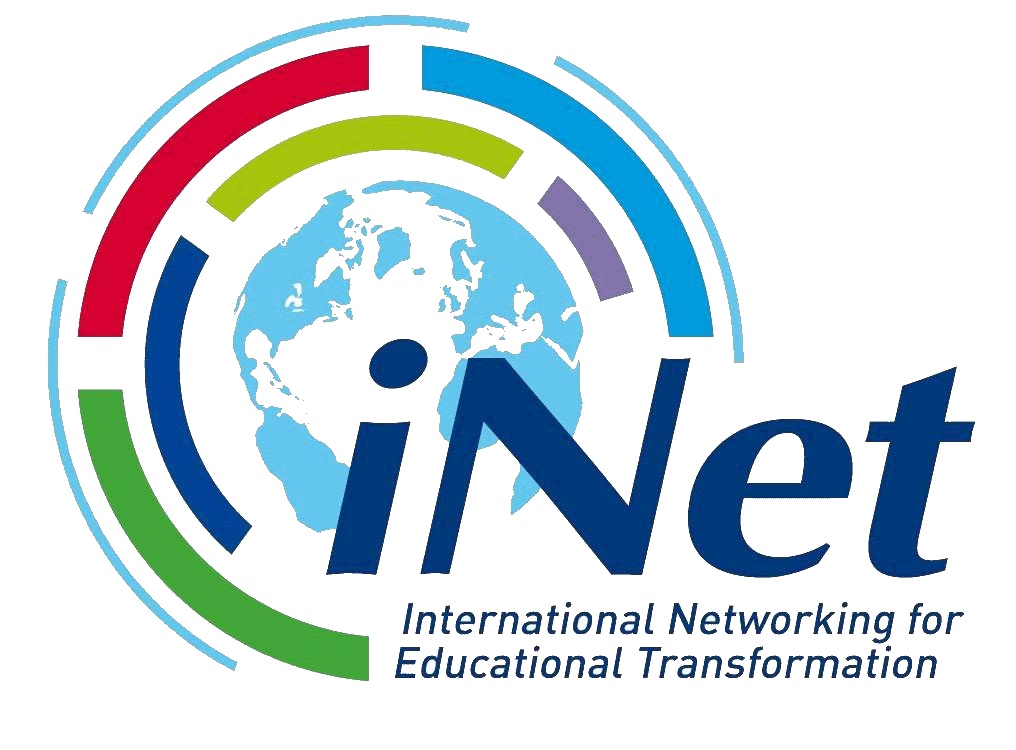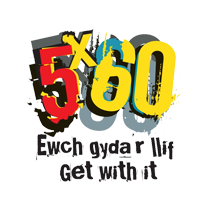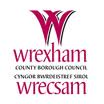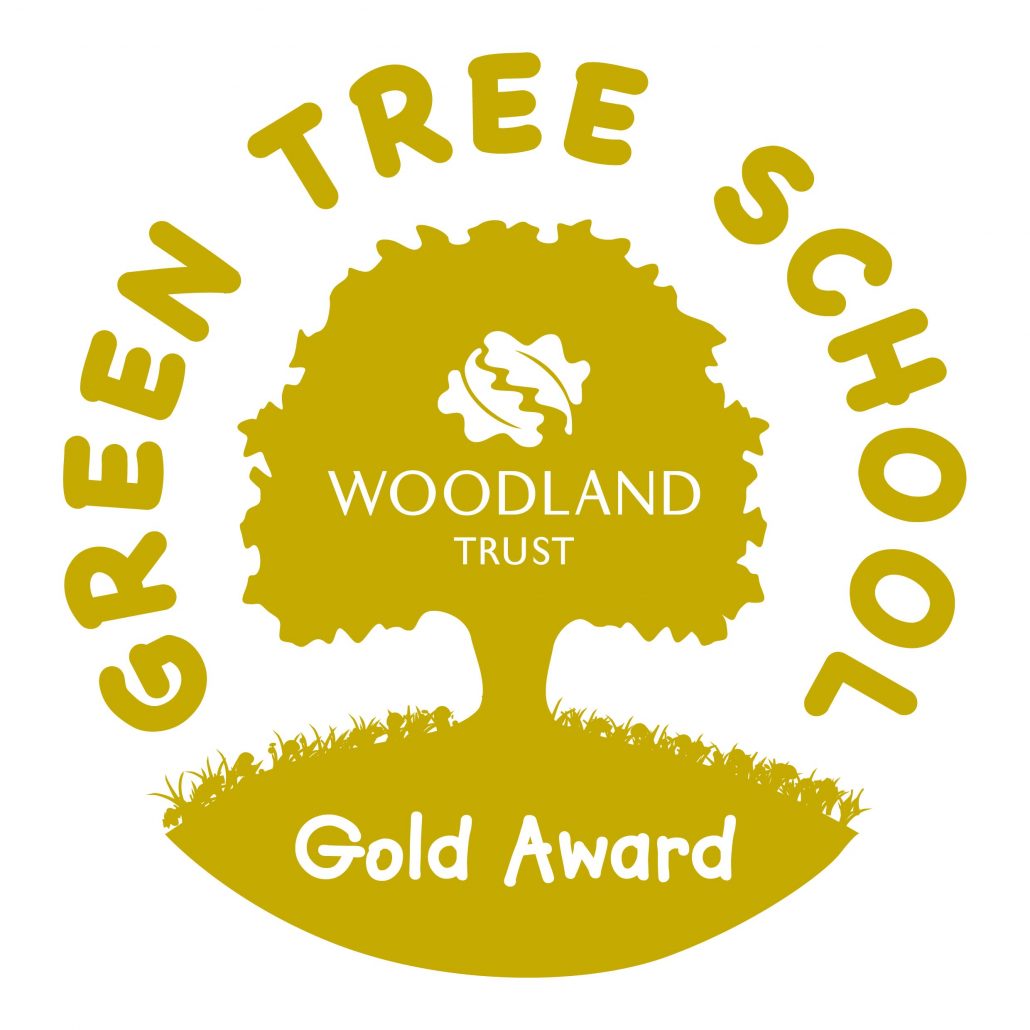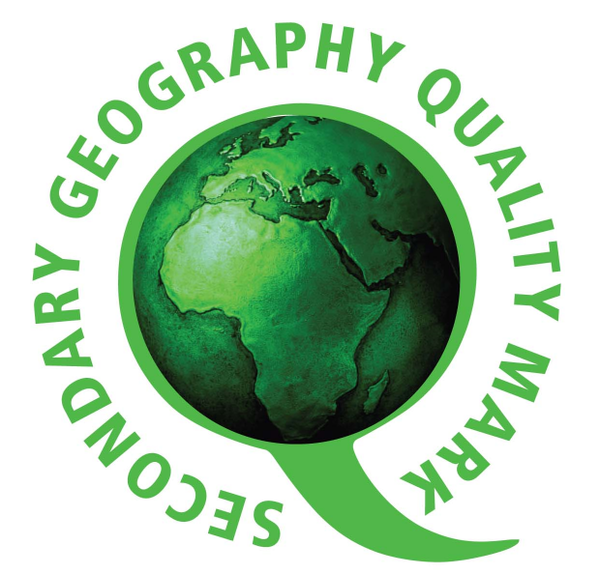Literacy & Numeracy
Literacy Coordinator:Mrs Helen Roberts/Miss Joan Brown
Literacy across the curriculum
Literacy is essential to all learning throughout the school, in all years and across all subject areas. At Ysgol Clywedog, we know that good literacy skills help students to communicate effectively and that being confident in their literacy skills allows students to achieve their potential across the curriculum. We aim for learners at our school to emerge as confident and articulate communications because literacy is integral to our students’ success.
Reading for pleasure
A significant amount of research from around the world suggests that reading for pleasure can raise literacy standards and help support student progress. As a school, we take every opportunity to promote reading for pleasure, this includes reading during tutor time in key stage three and library lessons in year 7 and 8.
New for 2020 academic year- Accelerated reader
This year as a school we have invested in the Accelerated Reader (AR) programme for KS3.
AR is a computer program that helps teachers manage and monitor children’s independent reading practice. Your child chooses a book at his/her own level and reads it at his own pace. When finished, your child takes a short quiz on the computer. (Passing the quiz is an indication that your child understood what was read.) AR gives both children and teachers feedback based on the quiz results, which the teacher then uses to help your child set goals and direct ongoing reading practice.
Children using AR choose their own books to read, rather than having one assigned to them. This makes reading a much more enjoyable experience as they can choose books that are interesting to them.
Teachers and the Librarian help your child choose books at an appropriate reading level that are challenging without being frustrating, ensuring that your child can pass the quiz and experience success.
How much will my child read during the school day?
As a school, we expect that children read at least 3 times each week. However, according to research, children who read at least 20 minutes a day with a 90% comprehension rate (average percent correct) on AR quizzes see the greatest gains. Therefore, your child should have at least 20 minutes set aside for reading each day, either at school or at home.
How can I help my child become a better reader?
As with anything, performance improves with practice. Encourage your child to read at home. Create a culture of reading in your household by reading with your child, starting a home library, visiting your local library or bookstore on a regular basis, letting your child see you reading, and discussing books that each of you has read.
When reading with your child, stop and ask questions to be sure your child is comprehending what is read. Reading with your child, no matter what the child’s age, is an important part of developing a good reader, building a lifelong love of reading and learning, and creating a loving relationship between you and your child. Make learning a family affair!
How does the school determine my child’s reading level?
Teachers determine your child’s reading level using the STAR Reading™ test, and using their best professional judgment based on their knowledge of your child.
STAR Reading is a computerised reading assessment that uses computer-adaptive technology. Questions continually adjust to your child’s responses. If the child’s response is correct, the difficulty level is increased. If the child misses a question, the difficulty level is reduced. The test uses multiple-choice questions and takes approximately 20 minutes. A report gives an ‘ATOS’ reading level for each child which, alongside all the assessment information that we already have, helps the teachers to determine an appropriate reading range for your child.
What is a Book Level?
Books are levelled using a nationally recognised readability formula and represent the difficulty of the text. The levelling criteria covers such factors as vocabulary, average word length, average sentence length, grammatical complexity etc. – not how long the book is or how many pictures it contains!
Normally, books are chosen between a range of levels (the Zone of Proximal Development) recommended for each pupil by STAR Reading.
In the Library books are organised on shelves according to level to make it easier for your child to choose an appropriate book. There is a section for fiction and non-fiction depending on your child’s preference.
Numeracy Coordinator: Mrs Helen Roberts/Miss Joan Brown
Numeracy is the application of mathematics to solve problems in real-world contexts, this plays a critical part in our everyday lives, and in the economic health of the nation. It is imperative, therefore, that mathematics and numeracy experiences are as engaging, exciting and accessible as possible for learners, and that these experiences are geared towards ensuring that learners develop mathematical resilience.
We aim to embed numeracy into lessons providing real life experiences.
Currently during form time year 7 and 8 are provided with extra opportunities to develop their numeracy skills.
A link to the Parents Guide to Accelerated reader http://clywedog.org/parents-guide-to-accelerated-reader/
